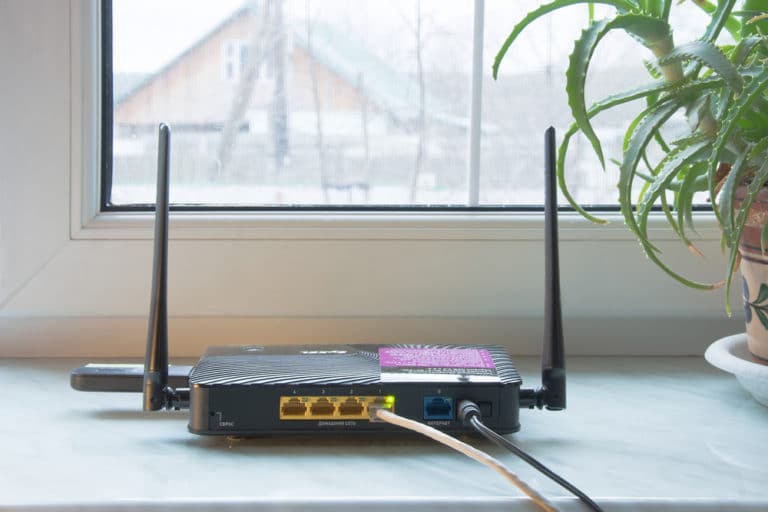Cloudflare opposes a potential EU bill that would require network fees to be settled with big tech companies. The company reports in a blog post that implementation of the proposals will slow down the Internet for consumers.
It came out in mid-2022 that France, Italy and Spain wanted big tech to pay for their pressure on European telecommunications networks through EU legislation. Lobbyists from the telco industry had discovered that Apple, Google, Facebook, Amazon, and Netflix are responsible for more than half of European data traffic. Big tech is not keen on additional network costs, putting it on a collision course with telco companies. According to Cloudflare, however, any EU plans are about much more than just this dichotomy.
At the moment, there is no such legislation yet from the EU. However, the European Commission is looking into it, as part of a bigger investigation into network interconnectivity.
Two-lane internet
Cloudflare argues that potential EU legislation could and probably would bring unintended consequences. The company argues that the offsetting of network costs would lead to a “two-lane” Internet: platforms like Facebook and YouTube would be in the “fast lane,” while smaller websites risk becoming slower. In other words, the end of net neutrality. The big companies can negotiate this, something other organizations can’t just get done together. In addition, consumers and smaller companies benefit from low bandwidth prices, something that Cloudflare says would be a thing of the past with the new rules.
Another aspect the blog post mentions is the lack of “open peering. Telco companies tend to have their own independent networks in Europe, which they let communicate with the rest of Europe via “transit networks. ‘Transit providers’ compete to transfer data to another network for a fee, as opposed to an open peering system where there are no extra steps between data provider and receiver. Because of stiff competition, these transit costs are low, but EU network cost legislation could increase them. This would not be too surprising, given the interests that telco lobbyists try to promote with their studies.
Internet providers also oppose
Internet service providers have also criticized the EU proposals. They echo Cloudflare’s fears: the plans could lead to a loss of Internet quality for customers. The European Commission has not yet taken a decision and a date for it is not yet in sight. Earlier this year it was revealed that the European body is calling on the expertise of non-European authorities in this area.
